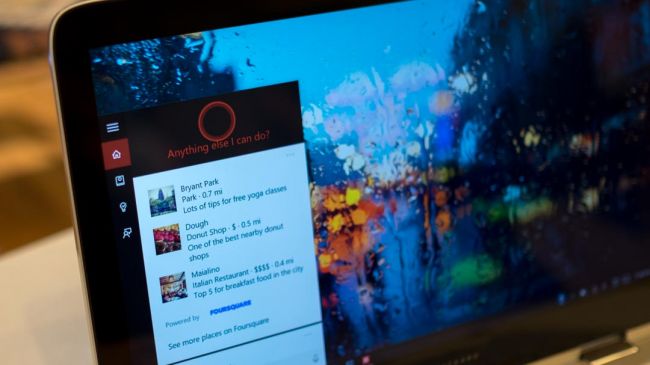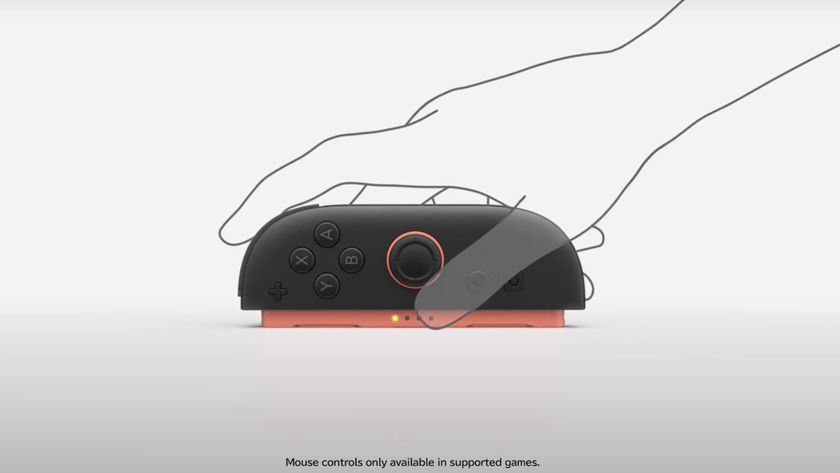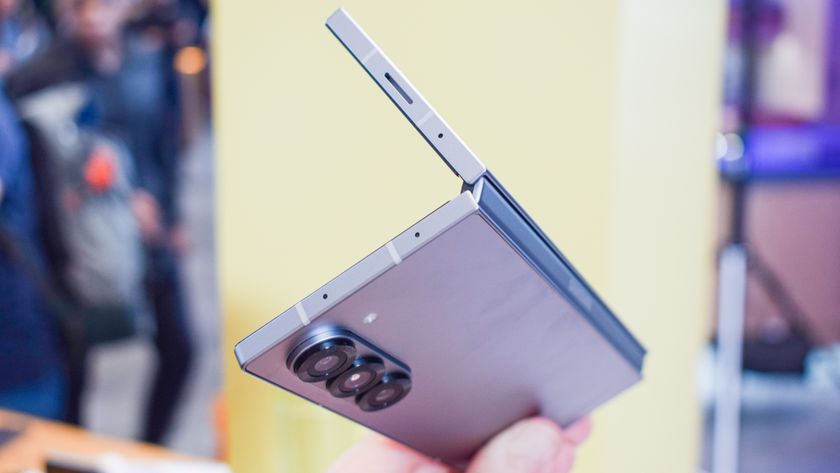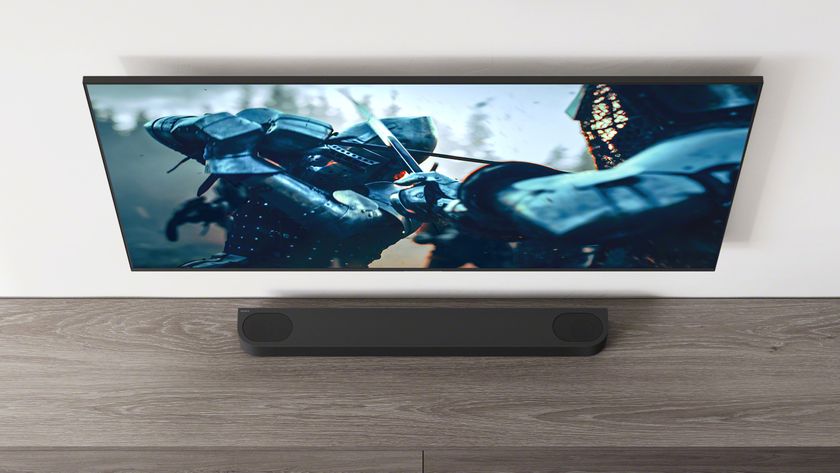Is Windows 10 spying on you? Microsoft speaks out
Can we put the tinfoil hats away?

Ever since launching Windows 10, Microsoft has been dealing with allegations that the new OS enables Microsoft to monitor everything you do, including every keystroke and stylus input, and even your location data, to name just a few of the privacy concerns.
And today Microsoft has finally addressed these concerns in a blog post – to some degree at least.
In the post, Microsoft executive VP Terry Myerson first explained that although the company does collect information, users are "in control with the ability to determine what information is collected".
And if you're worried about the information that it does collect, Myerson explained that the data collected "is encrypted in transit to our servers, and then stored in secure facilities".
The types of data
While device IDs, device types and crash logs are collected, Myerson explained that content and files from devices are not included with this type of data collection, adding that none of the data collected can be used to identify any user.
In terms of personalization data, which includes things like learning which is your favorite sporting team, or common words that you use for text completion suggestions, Myerson says users are able to tell Windows 10 what types of data they're willing to share with Microsoft.
"Note that with new features like Cortana, which require more personal information to deliver the full experience, you are asked if you want to turn them on and are given additional privacy customization options," Myerson wrote in the blog post.
Are you a pro? Subscribe to our newsletter
Sign up to the TechRadar Pro newsletter to get all the top news, opinion, features and guidance your business needs to succeed!
Finally, Myerson also clarified that Windows 10 does not scan your files and emails so that it can target ads, adding a little jab at other companies.
"Unlike some other platforms, no matter what privacy options you choose, neither Windows 10 nor any other Microsoft software scans the content of your email or other communications, or your files, in order to deliver targeted advertising to you."
The blog post doesn't answer all our questions about user privacy on Windows 10, but it's a good sign that Microsoft is at least addressing the issues, such as the creepy Family Settings option.
If you do have more concerns, Myerson is inviting you to get in touch – you can make suggestions through the Windows Feedback app, or head over to the company's support page if you're having problems with one of your privacy settings.












